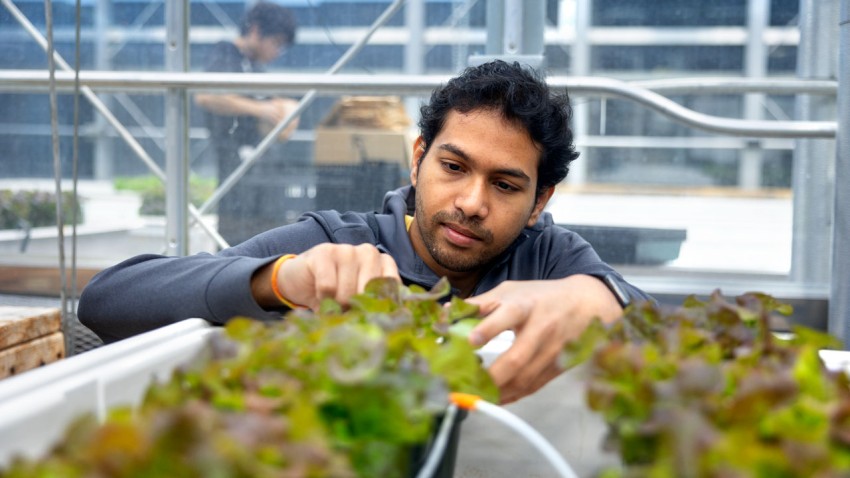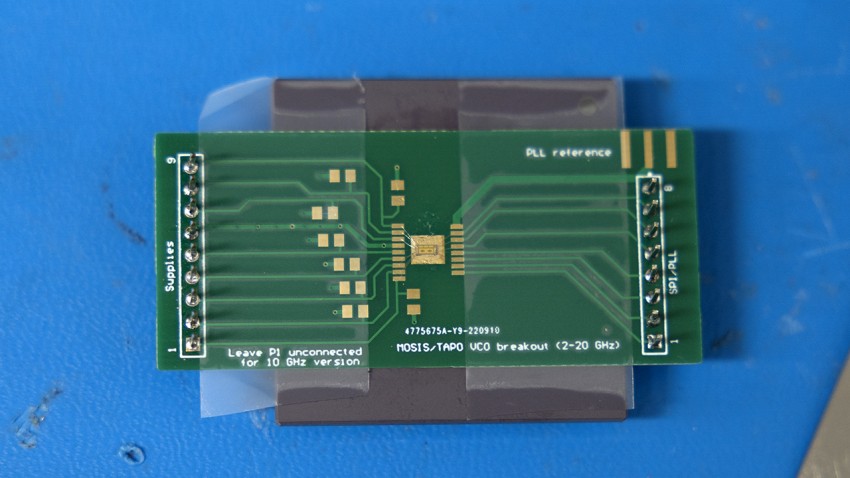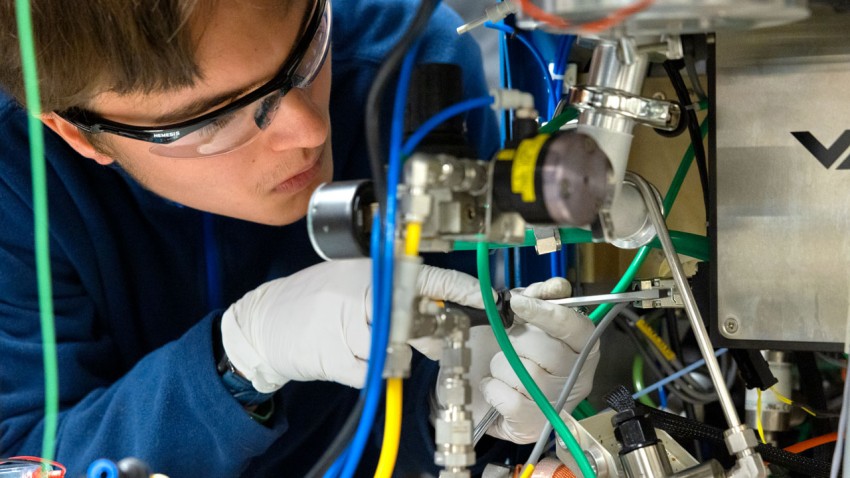News
-
![soft jellyfish robot]()
‘Embodied energy’ powers modular worm, jellyfish robots
In the same way that terrestrial life evolved from ocean swimmers to land walkers, soft robots are progressing, too, thanks to recent Cornell research in battery development and design.
-
![Rendering of an expanded Duffield Hall, set to transform the corner of Hoy and Campus roads by adding over 130,000 square feet of new and renovated space for the School of Electrical and Computer Engineering. Construction begins in 2025, with completion expected in 2027.]()
Historic $100 million investment to expand Engineering’s Duffield Hall
The commitment, the largest in Cornell Engineering’s history, from David A. Duffield ’62, MBA ’64, will significantly expand the college’s existing Duffield Hall, creating a new state-of-the-art home for the School of Electrical and Computer Engineering.
-
![Lynden Archer, right, the Joseph Silbert Dean of Engineering, presents James C. Morgan ’60, MBA ’63 with the Cornell Engineering Distinguished Alumni Award.]()
James Morgan ’60, MBA ’63, earns Engineering’s highest alumni honor
In recognition of his transformative leadership in nanomanufacturing technology, James C. Morgan ’60, MBA ’63, was presented with the Cornell Engineering Distinguished Alumni Award – the college’s highest alumni honor.
Latest Awards and Recognition
View all-
Bitar among four Cornell researchers to win Bezos Earth Fund Awards
Eilyan Bitar, associate professor, has been awarded a grant from the…
May 22, 2025
-
ES&T features You study on May 20 cover
Fengqi You, Roxanne E. and Michael J. Zak Professor, had his study “Transitioning Photovoltaics…
May 20, 2025
-
Muñoz-Saez earns Faculty Champion Award
Carolina Muñoz-Saez, assistant professor, received the Faculty Champion Award for Early…
May 19, 2025
-
Moridi receives TMS Young Innovator award
Atieh Moridi, assistant professor, received the Young Innovator in the Materials Science of Additive…
May 19, 2025






